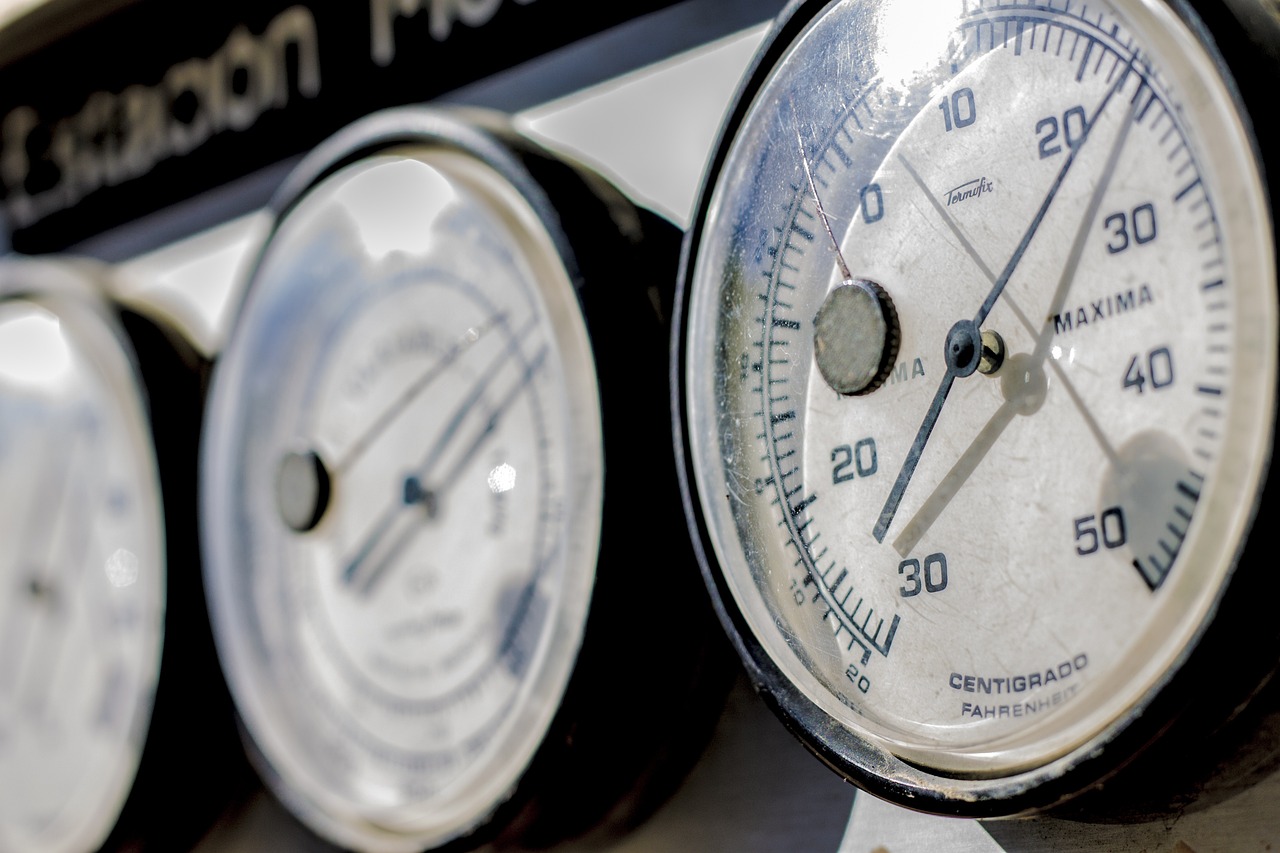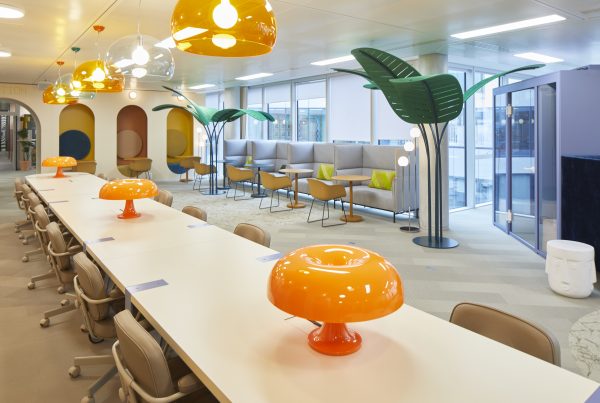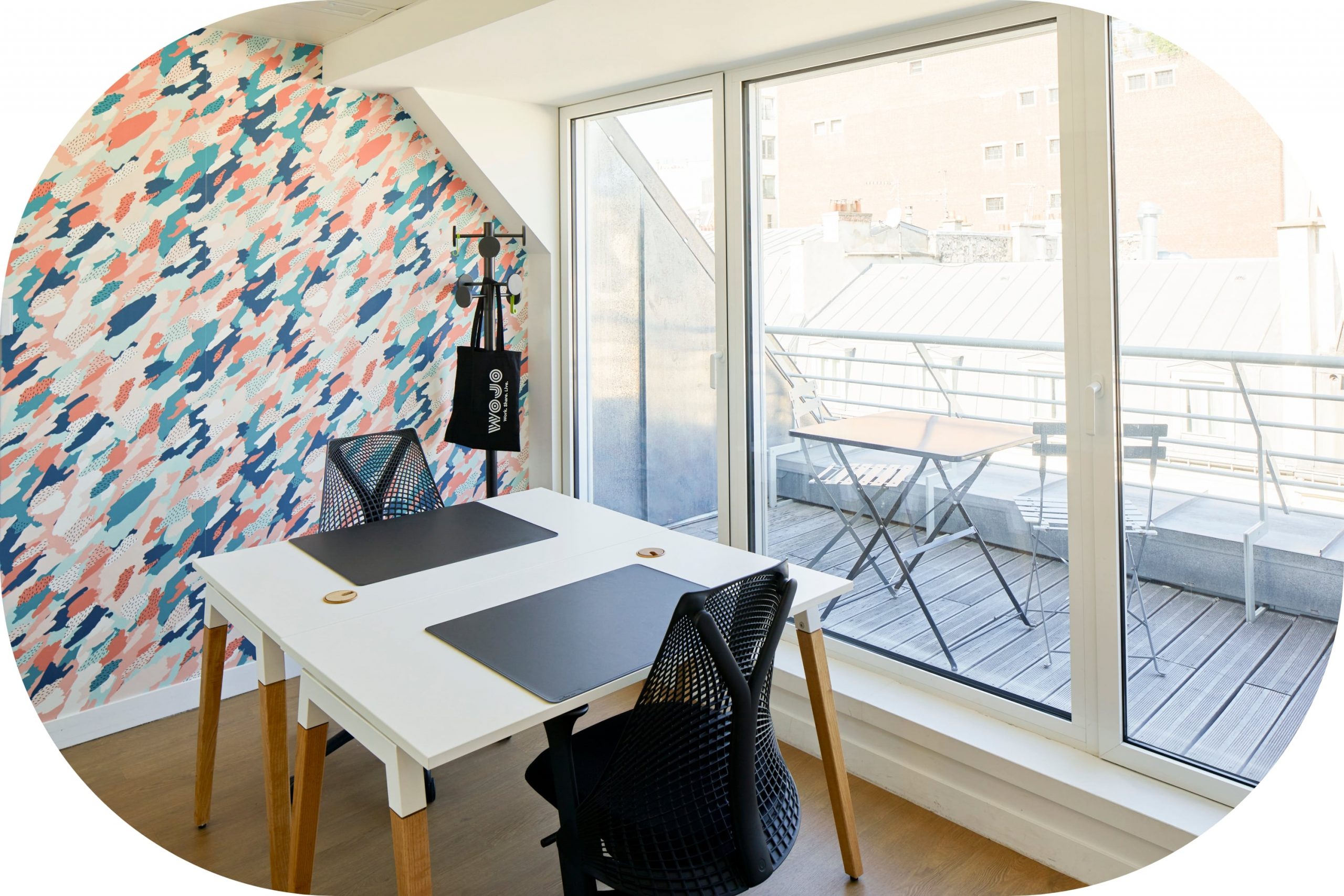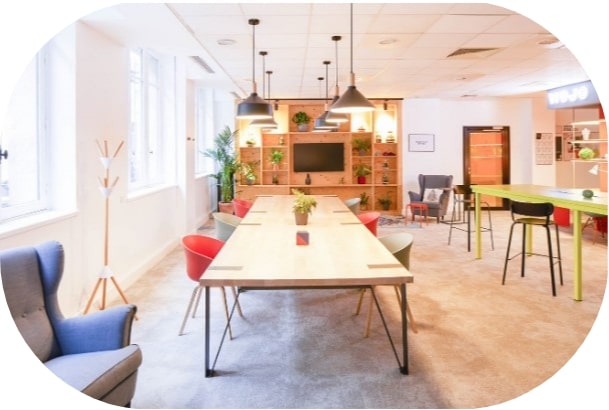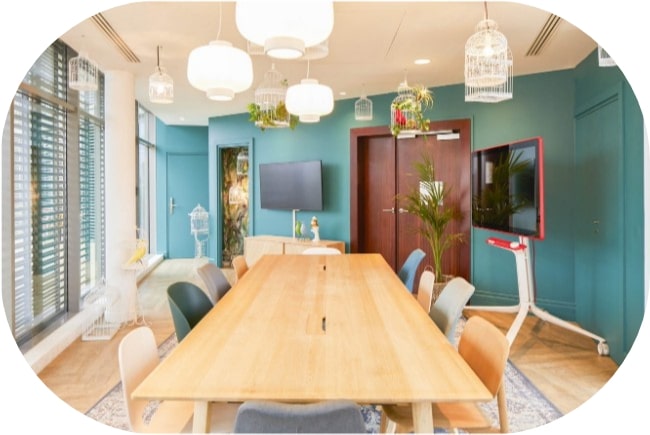Do you sometimes feel oppressed? What if you took the time to identify the cause (or one of the causes)? One of the most common causes is work-related pressure, which often follows us into our personal lives, even on vacation.
While pressure at work often comes from current management techniques, it also comes from ourselves. We want to measure up, to succeed at everything (at work, but also at home, on vacation…), in ever-shorter timeframes. So how can we avoid succumbing to our own demands, relieve the pressure and simply live better? We ask ourselves this question, and offer some answers.
To each his own pressure
According to Audrey Akoun and Isabelle Pailleau, cognitive-behaviouralist and work psychologist respectively, there are three forms of pressure:
- The first is pressure undergone. It comes from outside, from those closest to us, from our customers, from our managers, but also from the economic situation, the environmental situation, and so on.
- By dint of being subjected to external pressure, this pressure ends up taking root, tipping us over to the second form of pressure: integrated pressure. This represents the standards we impose on ourselves, but also the way we try to deal with the pressure we experience. Rules that gradually become too rigid, even tyrannical, oppress us and make us suffer. Expectations of ourselves that are too high create stress and physical, mental and emotional fatigue.
- The final form of pressure is projected pressure, i.e. the pressure we exert on others. Sometimes voluntary, sometimes unconscious, it always leads to harmful results for those around us.
Pressure has also changed in recent years, and is not experienced in the same way as it was at the beginning of the 20the century, when working conditions were still trying. What has changed, in particular, is the notion of isolation. This is one of the main reasons for the increase in pressure at work. Over time, employees have become more and more responsible, and are evaluated as isolated elements.
What has also changed is the propensity to compare ourselves in everything and on everything… which comes to us from social networks. We’re constantly being told that we’re not doing as well as so-and-so / that we’re not as successful as so-and-so / that we’re not leaving anything behind, etc. So much so that we also put pressure on ourselves to cook, go on vacation, make stories…
A handbook for employees under pressure
There are a number of signs that a person is under pressure at work. Detecting them can sometimes be tricky, but there are a number of symptoms that can tip you off, as Frédéric Fanget, a psychiatrist and psychotherapist specializing in cognitive-behavioral therapies, points out in an issue of Cerveau & Psycho. Here are just a few examples:
- Task completion time: a person under pressure at work will take longer to complete a task than one of their colleagues. The cause? The quest for perfection, with no room for error.
- A certain indecision: either decisions are postponed for fear of making a mistake, or, on the contrary, decisions are made impulsively, to avoid a long process of reflection.
- An over-inflated sense of responsibility: for the person concerned, delegating tasks becomes increasingly complex.
- A feeling of depreciation: a feeling of being valued only when you produce perfect work, which goes hand in hand with the fear of being evaluated in a negative way.
- A mismatch in objectives: paying more attention to the quality of performance than to its purpose.
In short, all these symptoms lead to perfectionism taken to extremes, which ultimately holds us back in our professional and personal development.
Also read: Office, my beautiful office, help me to work well today.
Reducing the pressure cooker effect
You certainly have to work on yourself:
– try to take a step back from your own mistakes: acknowledge them and improve, yes. Over-dramatize, no.
– get to know yourself, so as not to set yourself up for failure: ask for training, talk to your superiors to avoid certain missions that are not for you. Don’t panic, you’ve got other strengths to develop!
– refuse to compare yourself to hypothetical role models whose successes you only know… It’s all
very well to set goals, as long as they’re attainable.
But there are practical exercises to help you decompress. At work, micro-pauses are an effective way of relieving pressure without taking up too much time. They can be exploited in a variety of ways. A few stretching or breathing exercises, for example, are easy to do and within everyone’s reach. Yoga is also recommended, and doesn’t necessarily require a floor mat. Many exercises can be performed from the comfort of your office chair.
These micro-pauses can also be an opportunity to drink a large glass of water, which is often forgotten in the day’s action-packed routine. Hydration is essential for good relaxation. Taking a breath of fresh air, even if only for a few minutes, is also a good habit to adopt, the idea being to disconnect. Our brains don’t have a “pause” button, which is why it’s important to take a few moments to let your thoughts wander. It’s these moments that enable us to explore new ideas, develop existing ones, or reinforce a plan for the future.
But being relaxed in the office can also be worked on outside the office:
– starting by not putting pressure on yourself for everything: you do your best, and if it’s not perfect, who cares?
– by setting up rituals, such as gardening, volunteering, DIY or knitting. All these activities are designed to take us out of our daily stress, to get away from it all.
Also read: Working less to achieve more: it works!
Relieving pressure, at work and elsewhere, means above all stopping trying to be perfect. In a society that sells us images of perfection from every angle, through advertising, TV shows, social networks and so on, it’s sometimes hard to accept that we’re not “perfect”. And yet that’s what we should be doing. We’re not machines, we’re men and women.

